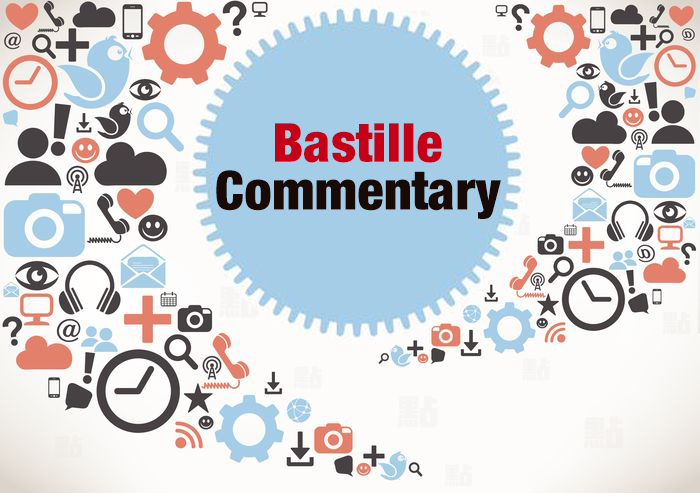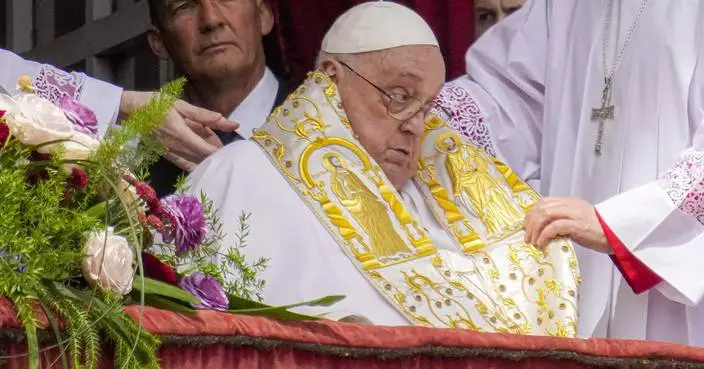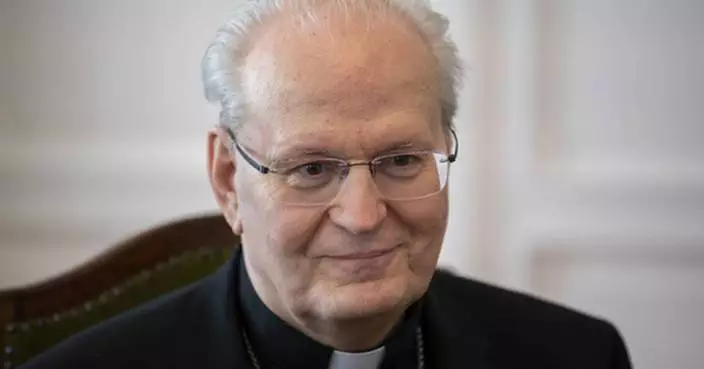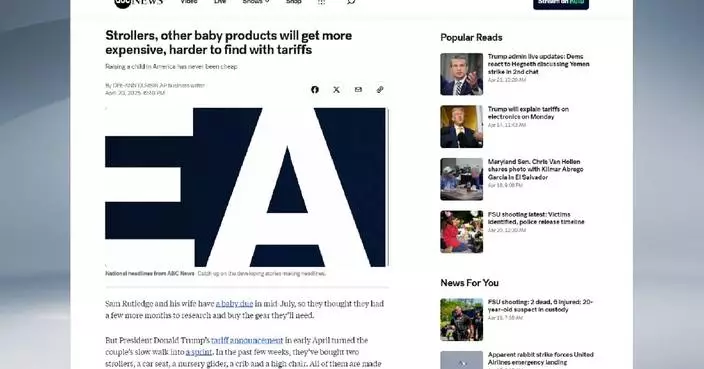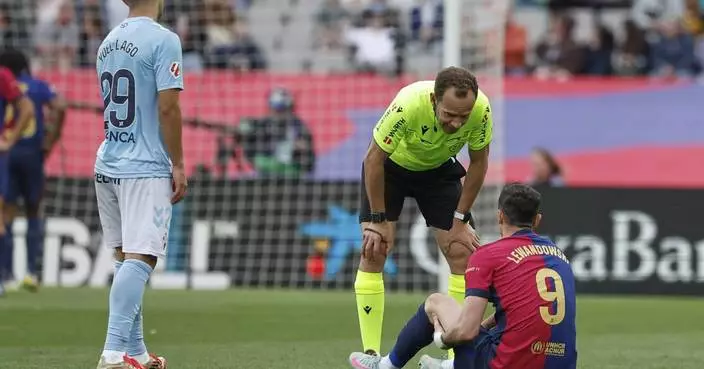The trial of the "35+" subversion case has concluded, with Hong Kong's judiciary sentencing 45 individuals. Among them, Benny Tai, the key architect of the plot, was given a 10-year prison term—a sentence that underscores the city's commitment to the rule of law and met public expectations.
Yet, international criticism, particularly from organizations like Human Rights Watch, sought to distort the case. The group misleadingly claimed, “Participating in and attempting to win elections is now a crime punishable by 10 years in Hong Kong.” Such comments, either calculated misinformation or reckless ignorance, trivialize the serious nature of the case. As a Cantonese adage reminds us, “One does not feel the pain until the needle pricks their own skin.” Tai’s agenda, if successfully implemented, would have plunged Hong Kong into chaos and destruction.
1. Subversion in Plain Sight
Benny Tai’s "10-step Lan Chao (all burn) plan" openly called for actions to destabilize Hong Kong. This plan sought to paralyze governance by orchestrating the indiscriminate vetoing of the annual government budget by opposition lawmakers, forcing the Chief Executive to resign, and prompting Beijing to declare a state of emergency. Tai envisioned violent street clashes, crackdowns, and Western sanctions against China—all designed to push Hong Kong into turmoil and ultimately topple the government.
Instead of averting potential bloodshed, Tai aimed to provoke it, revealing his calculated strategy to undermine the region’s stability. To ensure the participation of all opposition lawmakers, Tai organized an illegal primary election coupled with the infamous “no regrets” pledge, coercing candidates into committing to vetoing the government budget. This pressure tactic forced even moderate opposition figures into an irreversible course of illegality.
To reduce this conspiracy to mere "participation in and attempting to win elections," as Human Rights Watch did, is profoundly misleading. Imagine a similar "10-step plan" after Trump has resumed his presidency, aimed at shutting down the federal government, instigating violent uprisings and bloody repression, and forcing the removal of the president. Such actions would undoubtedly lead to arrests and prosecutions.
2. The Fallacy of "Achieving Justice Through Breaking the Law"
Tai’s political ideology centres on "achieving justice through breaking the law." From leading the 2014 Occupy Central movement to supporting the violent riot of 2019 and devising the "10-step Lan Chao plan" in 2020, Tai consistently weaponized this concept to undermine government authority.
Western media, such as Deutsche Welle, portrayed Tai as a "legal scholar" handed a harsh sentence. But can a true legal scholar promote illegal actions? Can they serve as the mastermind behind movements designed to destabilize society?
Tai’s interpretation of the rule of law included four principles: (1) laws must exist, (2) laws must be obeyed, (3) laws should limit power, and (4) laws can achieve justice—even if violated. By elevating this fourth principle to the highest ideal, Tai propagated a dangerous fallacy. He misled students and educators, and was even invited to government’s civic education events as an instructor.
Warnings against Tai’s ideology emerged as early as 2017, cautioning that his distorted philosophy undermined the rule of law and misled teachers and students. While these warnings were dismissed at the time, Tai’s actions have since brought Hong Kong to the brink, necessitating a return to order. His conviction vividly illustrates the consequences of his misguided beliefs.
3. Shifting Blame and Avoiding Responsibility
In the "35+" case, the court noted that most defendants pleaded ignorance of the law as a mitigating factor. However, Tai and Civic Party leader Alvin Yeung, both possessing legal expertise, were fully aware of the implications of their actions. Tai’s decision to plead guilty further demonstrated his awareness of the illegality of his scheme, as he sought to reduce his sentence by leveraging a one-third reduction for early admission.
Tai’s defense arguments during sentencing bordered on absurdity. First, he claimed the plan was unfeasible, suggesting it was a mere political stunt. If true, this would amount to deliberate deception. More likely, Tai genuinely believed in the plan’s success until its failure. Second, he downplayed his role, asserting he was merely a minor participant warranting a lighter sentence. This disingenuous claim ignored his position as the plot’s architect and insulted the court’s intelligence.
Western Narratives and Lessons for Hong Kong
Western media and human rights organizations have painted Tai and his co-defendants as martyrs for democracy, framing the case as an attack on electoral participation. Such narratives aim to embolden like-minded activists to continue subversive activities against the Hong Kong Special Administrative Region (HKSAR) and the central government.
This case should serve as a cautionary tale. The West’s support for Ukraine against Russia, for example, has come at great cost to the Ukrainian people, turning the country into a land of rubbles. With Donald Trump returning to power, the dire future of Ukraine is all but expected. Hong Kong must avoid becoming another pawn in these kind of geopolitical struggles.
Wing-hung Lo
Bastille Commentary
** The blog article is the sole responsibility of the author and does not represent the position of our company. **



